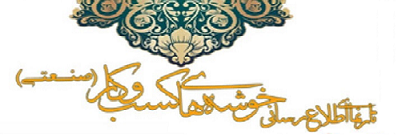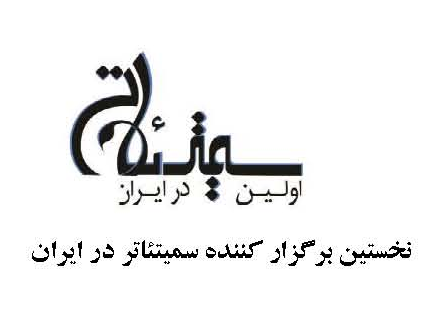بیزینس مانیتور-صنعت ارتباطات ازراه دوردرایران-سه ماهه دوم2011
Executive Summary
In this quarter’s BMI Iran Telecommunications Report, we have focused attention on the Iranian broadband market, with a significant number of developments taking place in relation to the sector.
Since the authorities sought to clamp down on social communication networks such as Twitter, which were used by Iranian demonstrators to communicate events to the outside world during the 2009 presidential elections, measures have been put in place to effectively watch out for any ‘red flags’ that might warrant further investigation by the authorities. This led to the creation of the cyber police in early January 2011, with a remit to observe communication between political dissidents. In addition to this, the Iranian authorities blocked access to a number of foreign-owned sites such as Yahoo news, Reuters and BBC among others, following the events surrounding the Egyptian protests, which commenced in late January 2011, for fear that it might bolster the morale of Iranian political dissidents.
Obtaining operational data on the Iranian telecoms market, let alone broadband figures, remains difficult, and latest data from the incumbent operator TCI is for September 2009, when there were claimed to be 23mn internet users. This represented a penetration rate of just 32%. Meanwhile, figures published by Internet World Statistics indicate there could be some 33.2mn internet users as of June 2010 accounting for 43.2% of the population.
In terms of mobile broadband developments, this remains limited and largely relates to GPRS services as offered by MTN Irancell. That said, on account of its GPRS services, the operator noted a 32.3% y-o-y increase in its H110 revenues. However, with the economy currently facing difficulties, consumers are less likely to want to spend on telecoms services. The government has cut subsidies on food and fuel as of December 2010, and this is likely to have an impact on private consumption. Indeed, until recently, Iran had seen demand for smartphones such as the Apple iPhone 4 and RIM’s BlackBerry rise, while the Apple iPad had also entered the market, despite international sanctions on the country. Although not all applications are accessible on such products, possession of such handsets is seen as a status symbol.
Meanwhile, Iran remains at the bottom of this quarter’s Middle East and North Africa Business Environment Ratings table in 15th place. The country saw no change in the score of its individual telecoms indicators, retaining among the lowest scores for Industry Rewards and Industry Risks. In view of the recent developments occurring in the broadband market and the attitude of the government toward internet access, we do not see Iran moving up the ratings table any time soon.
مطالب مرتبط


